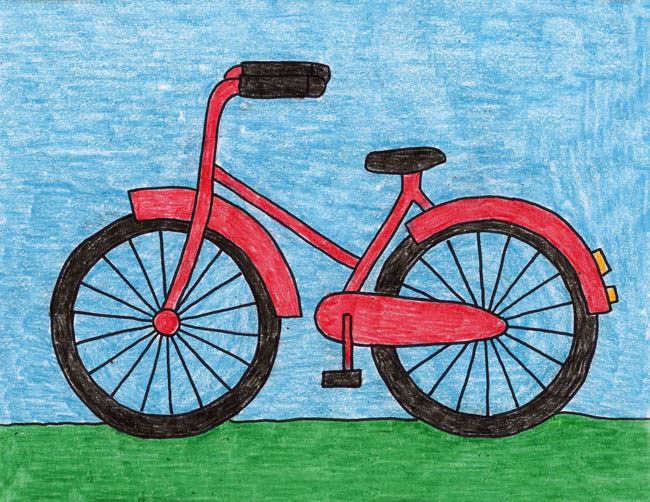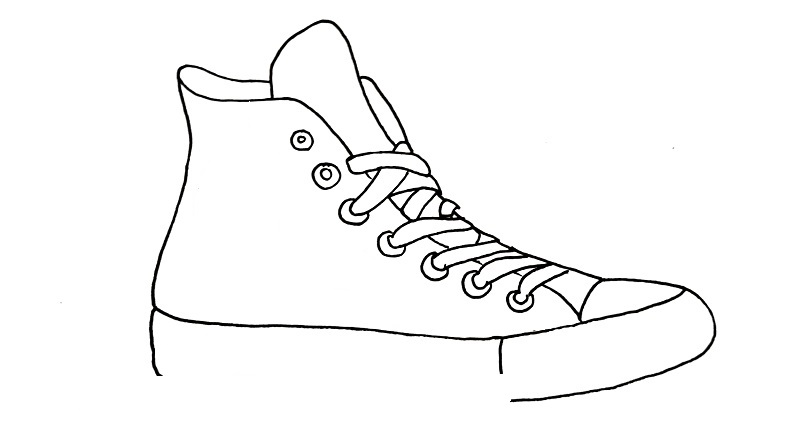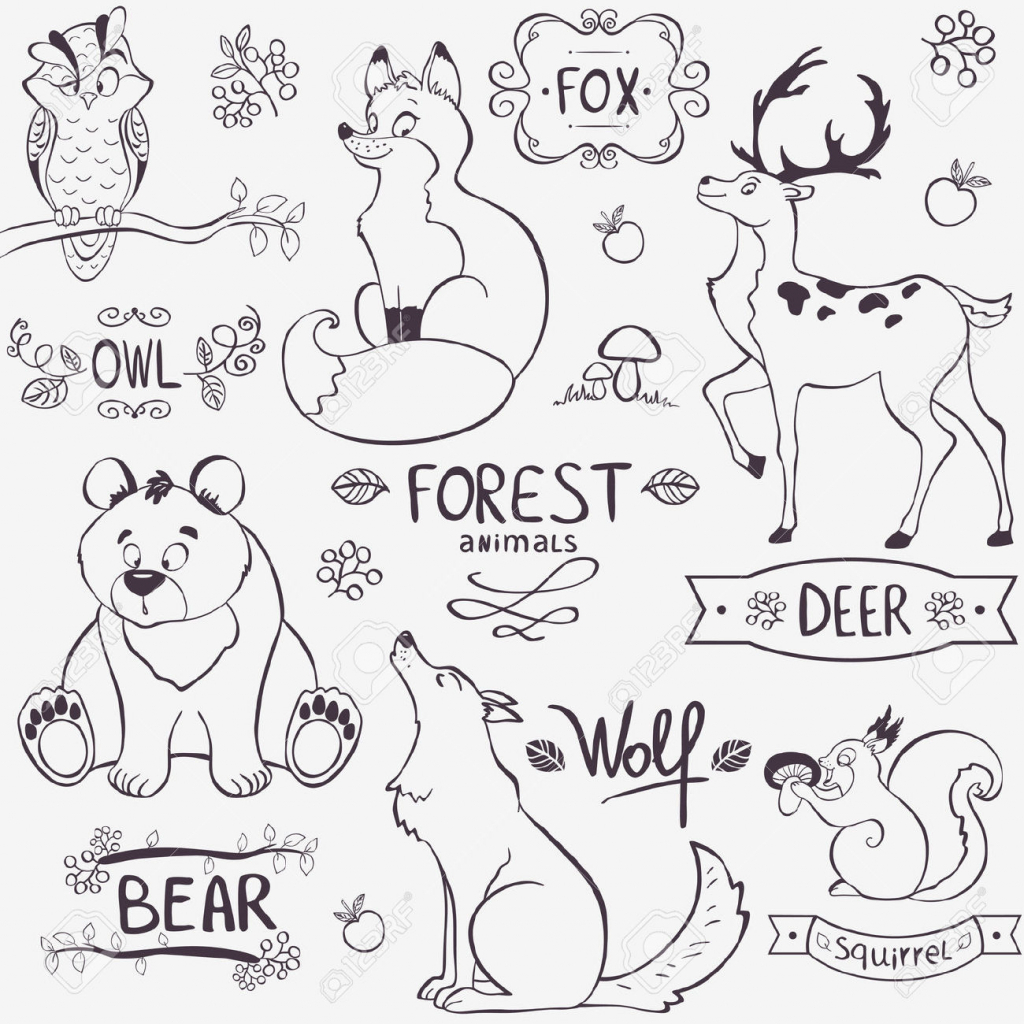How to draw garden scenery step by step easy draw in 2020
Table of Contents
Table of Contents
Are you looking to add a touch of nature to your art? Drawing a garden scene is a great way to capture the beauty of the outdoors through your artwork. Whether you’re a beginner or an experienced artist, this article will guide you through the steps of how to draw a garden scene.
Pain Points
While drawing a garden scene may seem daunting, with the right techniques, it can be achievable. Common pain points that artists face when drawing a garden scene include capturing the complexity of the scene, blending the right colors, and providing depth and perspective to the artwork.
Answering the Target
Before starting your artwork, it is important to have a basic understanding of the elements that make up a garden scene. This includes the placement of the plants, the use of shadow and light, and the composition of the elements in the artwork. Starting with a simple sketch and gradually adding more detail can help you to capture the essence of a garden scene.
Summary
When it comes to drawing a garden scene, patience and practice are key. Starting with a basic sketch, understanding the elements of a garden scene, and adding color and depth will help you create a beautiful piece of artwork. Remember to take your time and enjoy the process.
How to Draw a Garden Scene and Related Keywords
When I first started drawing garden scenes, I was overwhelmed with the amount of detail that needed to be captured. However, by breaking down the scene into simpler elements and practicing regularly, I was able to improve my skills.
 One technique that helped me was to start with the larger elements of the scene before moving on to the details. For example, I would start by drawing the shape of the larger plants and shrubs before focusing on the individual leaves and petals. This approach helped me to keep the proportions and composition of the piece aligned.
One technique that helped me was to start with the larger elements of the scene before moving on to the details. For example, I would start by drawing the shape of the larger plants and shrubs before focusing on the individual leaves and petals. This approach helped me to keep the proportions and composition of the piece aligned.
Next, I would focus on adding depth and perspective to the artwork. For this, I would use shading techniques to create shadows and highlights that added depth to the scene. Using lighter colors in the foreground and darker colors in the background helped to create a sense of distance and depth.
Adding Color to the Scene
Choosing the right colors is a crucial step in creating a garden scene. It is important to choose colors that work well together and enhance the artwork. One approach is to use a limited color palette to create harmony and balance in the piece.
 Blending colors can also help to create a natural look in the artwork. By using a blending tool or your fingers, you can blend colors together to create gradients and realistic-looking textures.
Blending colors can also help to create a natural look in the artwork. By using a blending tool or your fingers, you can blend colors together to create gradients and realistic-looking textures.
Drawing Details and Textures
Adding texture and details to the scene is what brings the artwork to life. This includes drawing individual petals, leaves, and stems of the plants, as well as adding details such as dirt, rocks, and water features.
 One approach is to use different types of pencils or pens to create various textures. For example, using a pen with a fine tip can help to create intricate details in the artwork, while using a softer pencil can help to create smoother and softer textures.
One approach is to use different types of pencils or pens to create various textures. For example, using a pen with a fine tip can help to create intricate details in the artwork, while using a softer pencil can help to create smoother and softer textures.
Practice Makes Perfect
Like any skill, practicing regularly is key to becoming proficient in drawing garden scenes. Setting aside time to practice and experimenting with different techniques and styles can help to improve your skills and create unique pieces of artwork.
Question and Answer
Q: What tools do I need to draw a garden scene?
A: To draw a garden scene, you will need a sketchpad, pencils or pens, and colored pencils or paints.
Q: How do I know which colors to use?
A: It is important to choose colors that work well together and enhance the artwork. Look to nature for inspiration and try to match the colors of the plants and flowers in your artwork.
Q: How can I add depth and perspective to the scene?
A: Using shading techniques to create shadows and highlights can help to add depth to the scene. Using lighter colors in the foreground and darker colors in the background can also help to create a sense of distance and depth.
Q: Where can I find inspiration for my garden scene?
A: Look to nature for inspiration. Take a walk in a garden or park, or search for images online to find different types of garden scenes to draw.
Conclusion
Learning how to draw a garden scene can be challenging, but with the right techniques and practice, it can be a rewarding and enjoyable experience. Remember to start with a basic sketch, understand the elements of a garden scene, and add color and depth to create a beautiful piece of artwork.
Gallery
How To Draw A Scenery Of Garden By Oil Pastels (Landscape Drawing

Photo Credit by: bing.com / pastel nature landscaping
Flower Garden Drawing For Class 1 | Garden Design

Photo Credit by: bing.com / garden drawing class flower kids scene draw photograph
How To Draw My Dream Garden : Drawing Dream - YouTube - Il Y A Encore D

Photo Credit by: bing.com /
How To Draw Garden Scenery.Step By Step(easy Draw) In 2020 | Flower

Photo Credit by: bing.com / getdrawings
Image Result For How To Draw Garden | Scenery Drawing For Kids, Drawing

Photo Credit by: bing.com / pastel वह neophyte






